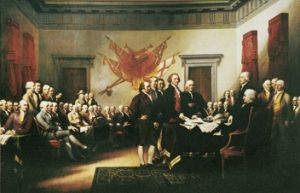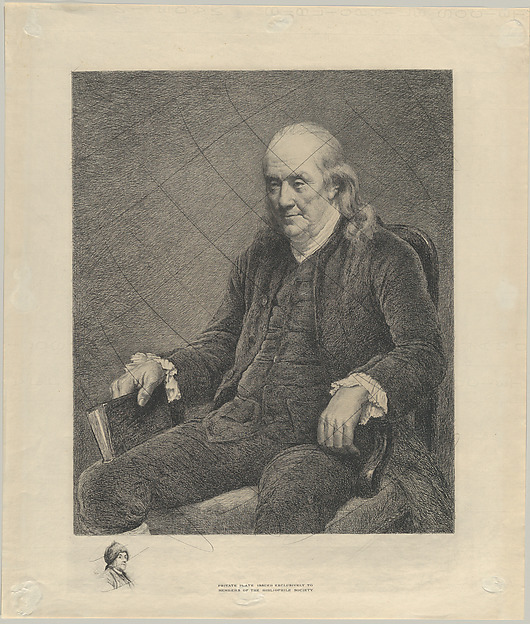Thomas Jefferson will continue to be remembered in history for his lasting impact on the foundation of American government. Jefferson’s ability for reasoning and enlightened thinking were qualities that drove him to write the Declaration of Independence and become the third president of the United States. Although Jefferson is often viewed as an early champion for American equality and freedom, Jefferson was also a known slave owner. Jefferson did not extend his vision of a liberated America to those of African descent, dirtying his legacy as a promoter of liberty.
Jefferson’s views on African Americans and slavery appeared in the fourteenth chapter of Jefferson’s only book, Notes on the State of Virginia. In this chapter, Jefferson writes about the inferiority of blacks to whites. Here he claims that African Americans are inferior in both beauty and reasoning intelligence. Jefferson uses the pseudoscience of Eugenics to make false claims about the African American race. He uses his book to promote his views of African Americans as a simple, sub-human race with animalistic tendencies. Jefferson employed an ethnological approach to writing about African Americans to damage their humanity among his white readers.
Although Jefferson viewed blacks as inferior, he did recognize the dangers of slavery. Calling it unsustainable, Jefferson understood that the institution of slavery was dangerous for both black and white Americans. However, Jefferson refused to speak in favor of abolition. Fearing the extermination of whites through cross-race breeding, Jefferson looked at slavery as a form of racial preservation. This view seemed hypocritical considering his actions, as Jefferson is believed to have produced many children with one of his slaves, Sally Hemmings. Jefferson’s view of slavery is a reactionary one. While recognizing that slavery was becoming less acceptable and was damaging to both races, Jefferson still chose to benefit from and defend slavery as an institution that protected the status quo.
Slavery and race were not the only topics written about in Jefferson’s Notes on the State of Virginia. Jefferson focused his book on establishing Virginia as the model American state. He cited Virginia’s economy, laws, landscape and education as the basis for the state’s success. Jefferson also uses his book to write about the need for both the separation of church and state and checks and balances. These points were much less controversial then his views on race, leading most responses to his work to be focused on his defense of slavery.
Works Cited
Jefferson, Thomas. “Notes on the State of Virginia, Query VI.” The Norton Anthology of American Literature.. Gen. ed. Nina Baym. 8th ed. Vol. A. New York: Norton, 2012. 449-50. Print.


